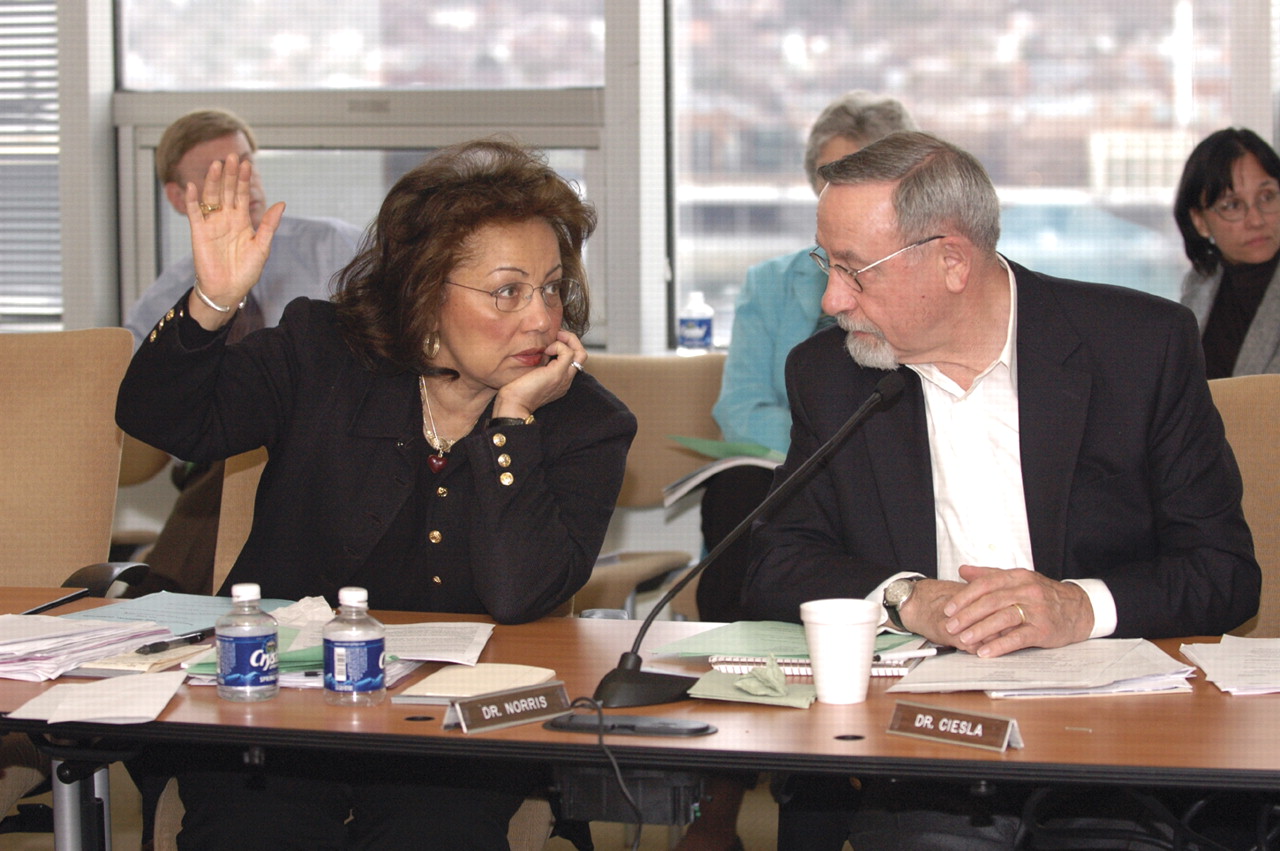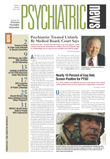APA's Board of Trustees voted last month to establish a congressional fellowship in honor of the late Jay Cutler, who for nearly a quarter century headed the Department of Government Relations and was one of the most influential health lobbyists on Capitol Hill.
Though funding mechanisms and other details are yet to be worked out, proponents of the new fellowship envision it as a one-year experience in a House or Senate office in which input from a psychiatrist would be valuable. The request for funding the fellowship is for $80,000 a year.
Though residents would be encouraged to apply, the one-year commitment in Washington, D.C., means it will more likely be an option for an early career psychiatrist or a psychiatrist working in the public sector, several Board members noted. A previous six-month Capitol Hill fellowship was designed for residents.
Among the laws and regulations in which Cutler played a crucial role were the removal of the net $250 limit on coverage of psychiatric services under Medicare, the 1996 federal law mandating some degree of insurance parity for mental health care, and a law requiring the Social Security Administration to have a psychiatrist or psychologist review certain disability cases.
The Trustees also voted to clarify the language in the APA Bylaws that describes the dual-membership requirement. The new wording they approved states, “No person, except as exempted by the Board or as otherwise provided in these bylaws, shall become or remain a member of the Association unless that person is a member of a district branch and participates in continuing education according to the standards of the Association.” (Members currently exempted from the requirement are medical students, international members, honorary fellows, and at-large members, who have always been exempted.)
Another Bylaws section on membership requirements would read, “No organization shall be recognized or retain its status as a district branch unless all of its members are members of the Association.”
Both of these Bylaws amendments were forwarded to the Assembly, which will discuss them at its May meeting. Ratification requires a two-thirds vote of Assembly members. The Board was also informed of actions taken by its Executive Committee since the last Board meeting to approve grants to the Hawaii Psychiatric Medical Association and the Psychiatric Medical Association of New Mexico for district branch activities related to scope-of-practice issues unfolding in those states.
The key scope-of-practice issue psychiatrists in many states are confronting is the push by psychologists to convince state legislators to grant them prescribing privileges. The Board voted to develop a response to the charge by psychologist-prescribing advocates that there are few if any psychiatrists delivering care in rural areas and to request that the president appoint a task force to “outline a strategic plan” that will place psychiatrists in the vanguard of a move to increase the options for and access to psychiatric care in rural areas.
In another vote the Board established a work group to “consider whether and how the representation of the Assembly on the Board can be increased.” Among the options to be evaluated are giving the speakerelect a vote on the Board (the speaker currently has a vote, and the speaker-elect serves ex officio) and adding the immediate past speaker to the Board, also with a vote. The work group is to report back to the Board at its July meeting.
A summary of actions the Board took at its March meeting can be accessed in the Members' Corner area of APA's Web site at<www.psych.org> by clicking on “Board of Trustees” and “Draft Board of Trustees Actions—March 2006.” ▪

